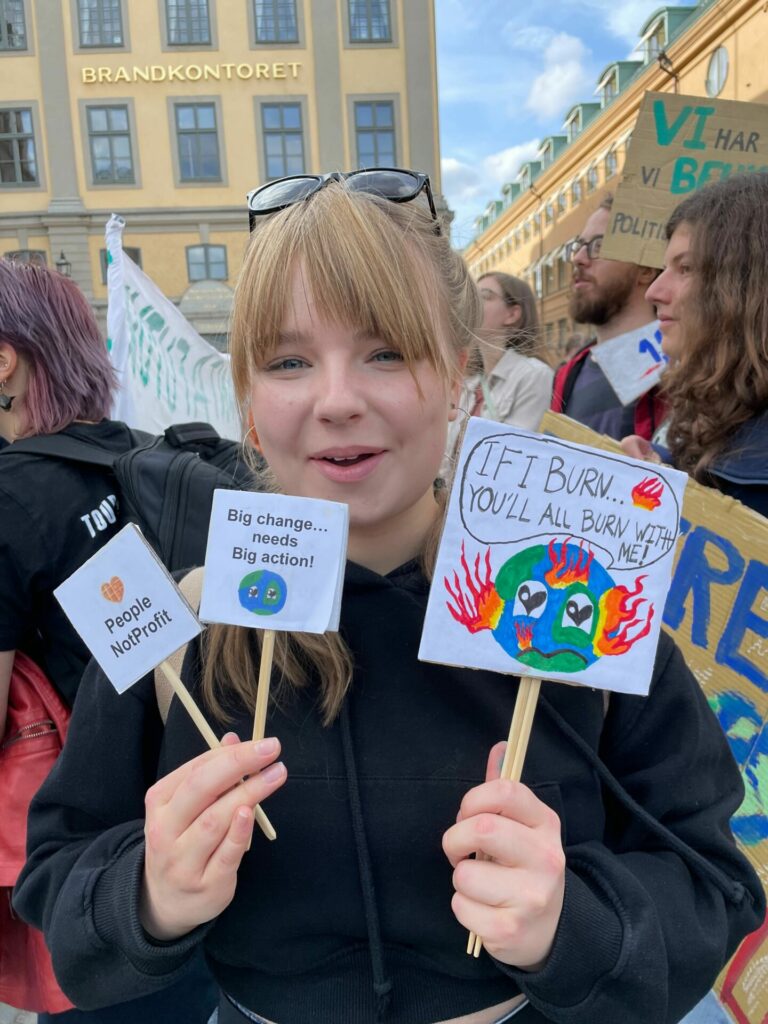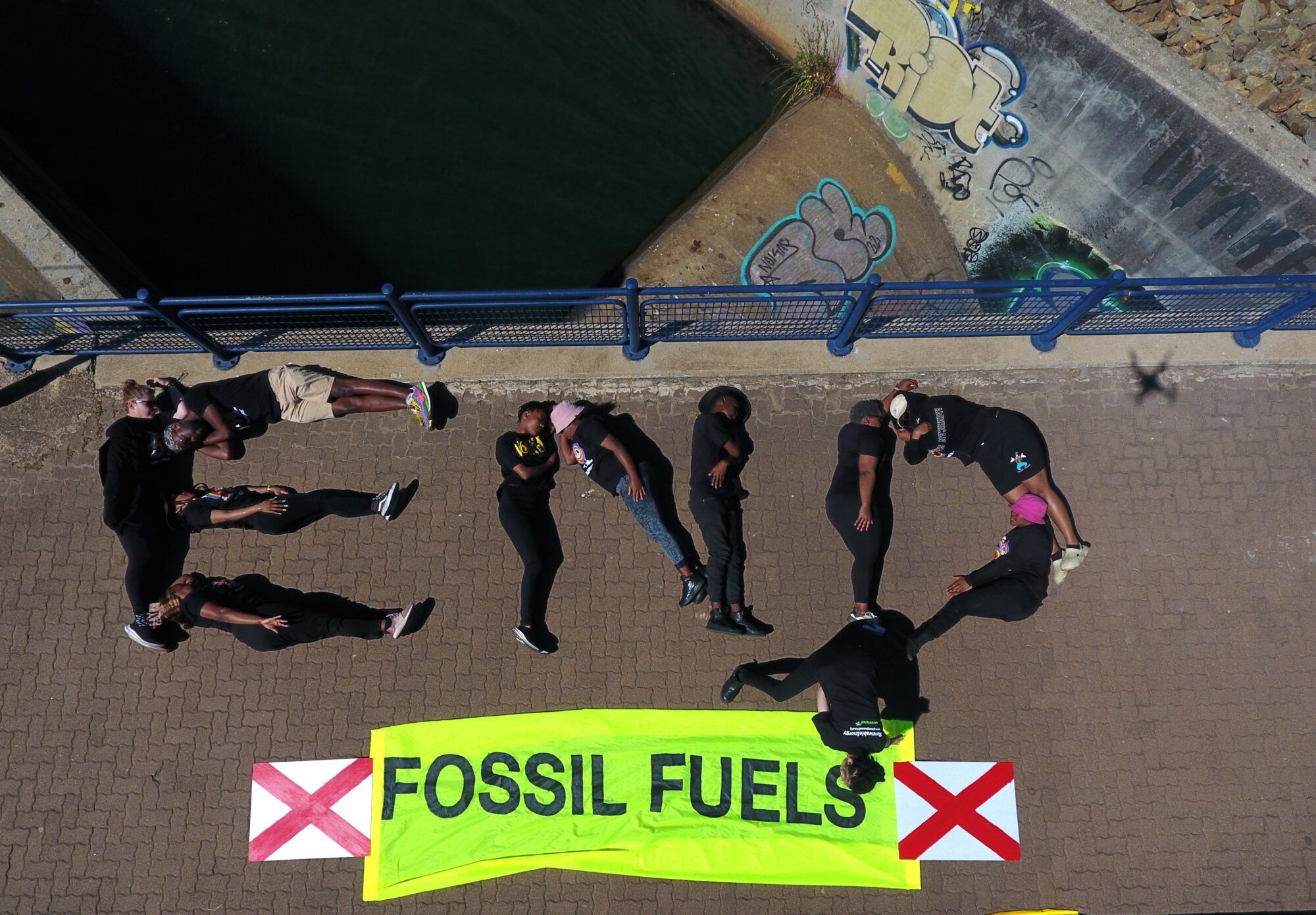As we all know, climate change is driven by the emission of gasses that provoke the greenhouse effect, leading to the increase of temperatures on our planet and more extreme weather phenomena. These processes are abbreviated in the terms “global warming” and “climate change”. To get a deeper understanding of where our global emissions come from, here are some facts and numbers about the usage of fossil fuels:
Fossil fuels – coal, oil, and gas – provide 80% of the global energy needs. Since the industrial revolution, humans have burned fossil fuels in an increasing manner for electricity, heating, transportation (cars, trains, etc.), and in many industries (production, manufacturing, etc.).
This process has been an essential part of modern development worldwide, but the extraction and burning of fossil fuels have a lot of downsides.

With the burning, carbon dioxide (Co2) is produced, which is one of the largest drivers of climate change. The emissions account for over 75% of global greenhouse gas emissions and nearly 90% of all carbon dioxide emissions. These emissions are created in all kinds of fields, but these numbers show that we need to leave the era of fossil fuels and transition to renewable energy if we want to fight global warming.
The extraction of fossil fuels itself is another big problem, as it often causes massive destruction to nature and leaves whole land strips uninhabitable for plants and animals. Furthermore, it is estimated that millions of premature deaths are caused by high levels of local air pollution created by the burning of fossil fuels.
So how do we get away from the usage of fossil fuels? Using renewable energy (wind, sun, water, biomass, etc.) is our best available option, as it doesn’t pollute, or destroy nature in ways the fossil fuel industry does, and most importantly, it hardly emits any greenhouse gasses.
Moreover, renewable energies are an energy source we can’t run out of, which is something that can happen to nuclear energy and fossil fuels. Nuclear energy is another low-greenhouse-gas option, but it has the disadvantage of nuclear waste that needs to be stored.


